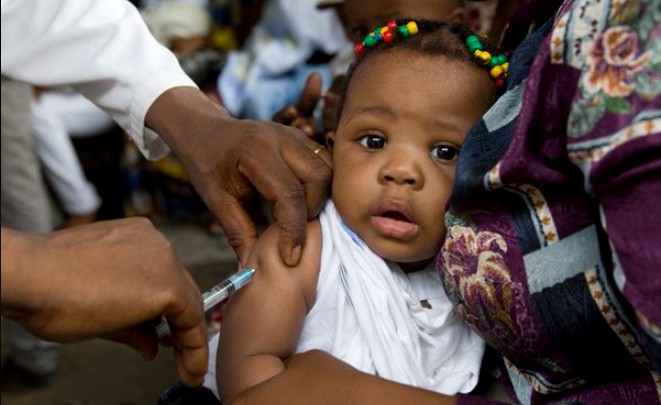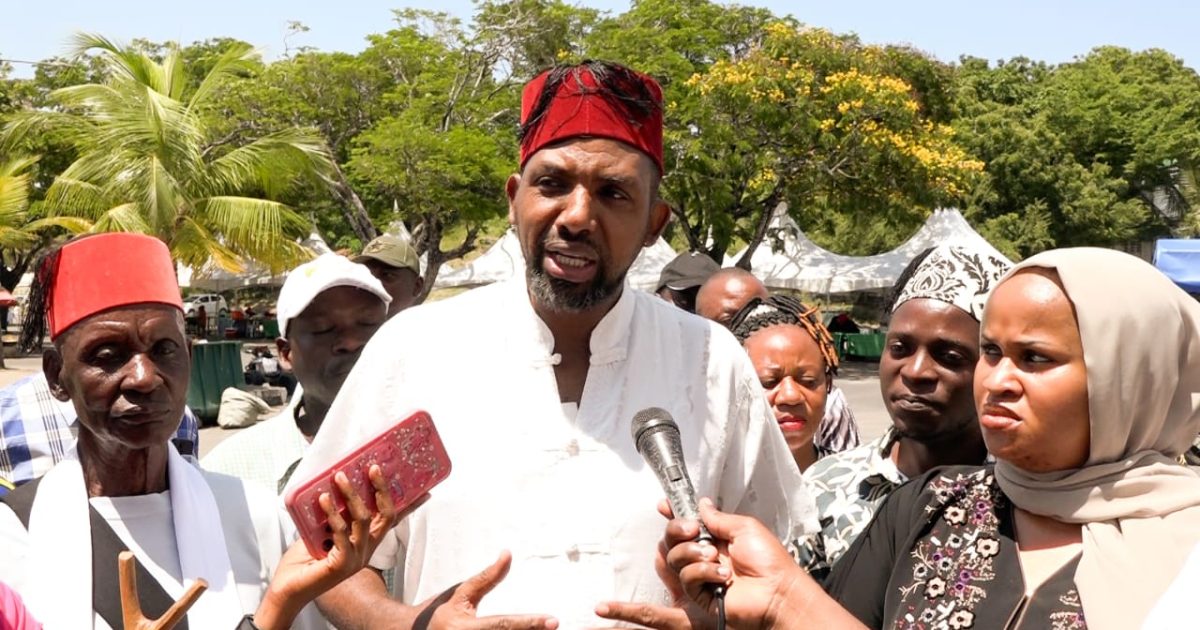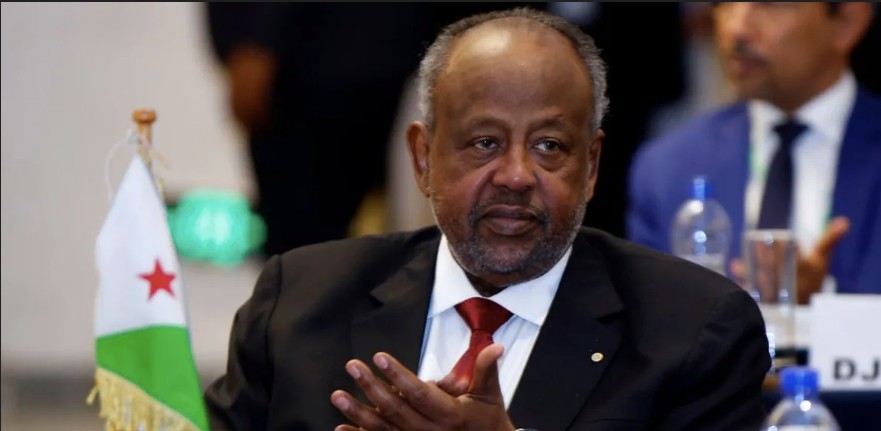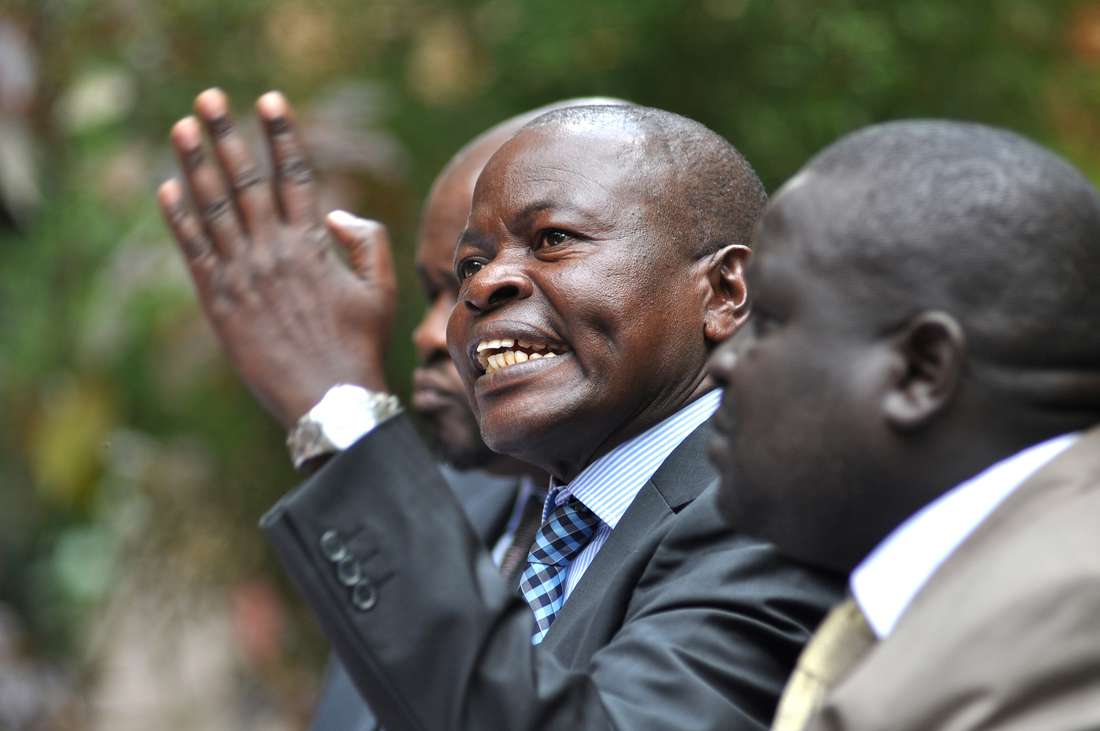OPINION: No chance Ruto can turn economy around
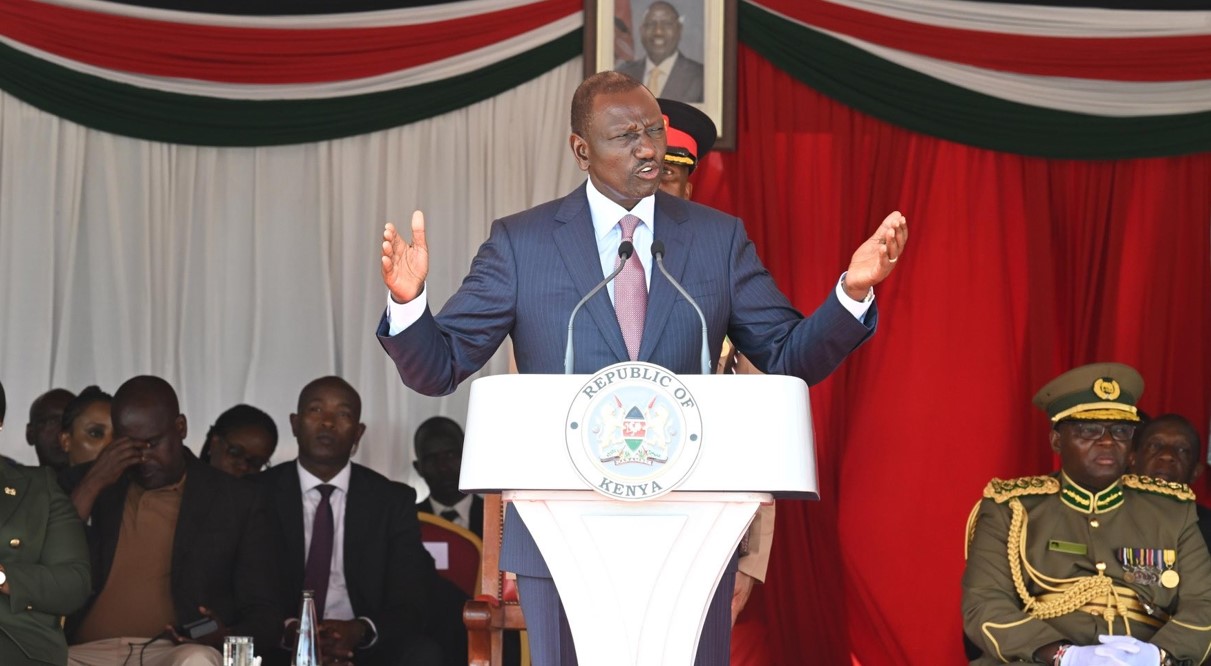
There is a serious lapse of imagination of the sectors that can be tweaked and grown to accommodate hordes of unemployed young men and women.
More than two years since he took charge of the country, President William Ruto seems more interested in consolidating voting blocs ahead of the 2027 election, than working for the people who voted for him.
In the aftermath of the June 25th, 2024, revolution where he was handed a clean slate to relaunch, not just his presidency, but also reset the country on a different trajectory, one suited for 2024 and beyond, he decided to borrow the Moi rulebook that was apt in the 1980s.
More To Read
- Government to review SHA packages amid calls for better cancer care
- Teachers’ Unions demand clarity as TSC plans to move 400,000 educators to state health scheme
- SHA failing patients with cancer and chronic illnesses, parliamentary report reveals
- Accountants raise concerns after whistleblower loses job at SHA
- Government to enrol all prisoners in SHA by December to combat disease outbreaks
- Religious leaders demand release of SHA funds to hospitals, warn patients’ health is at risk
The June 25th Gen Z revolt was to Ruto, what the August 1st, 1982, attempted coup was to Moi. Moi consolidated his power, became extremely repressive and would have done worse if not for the end of the Cold War that saw both the West and the East abandon many dictators, many of whom lost elections in the early 1990s or for the first allowed multi-party elections in their backyards.
Ruto is now working with his main opponent in the 2022 elections Raila Odinga and has reached out to his nemesis, former president Uhuru Kenyatta, in a bid to build an alliance that reassures him of victory in 2027. The very dynasties he swore to kick out, to never work with, are now in his pocket, and his charm offensive to the Luo nation seems to be working magic.
In Odinga and Luos, he now has a significant voting bloc, should they stick together until 2027. Whereas vocally Luos are the loudest (positively so) politically in the country, numerically their number may not guarantee much if the voter apathy in the last three elections is anything to go by.
Now, the path Ruto has taken will sink the country to depths that we may not recover in our lifetime. He has not articulated any economic plan that will change the lives of the many hustlers who voted for him. He seems fixated on issues like cow vaccinations, a housing programme that seems inclined to benefit him and his oligarchic friends rather than offer affordable housing to the poor.
You look around the president, there isn’t a single individual in his employ who inspires confidence or the kind of big thinking that can transform the country for the better.
His cabinet is a list of dull and underperforming men (mostly men), some of whom have served either as governors or cabinet ministers with no discernible legacy to write home about. We now know he calls every shot and it takes the courts, the media, and online resistance for the President to listen. Or for America to save us from the president mortgaging our national resources like the airport to Indians with dubious business scruples.
Kibaki tenure
When Kibaki took over in 2002, the economy was doing worse than when Ruto took over two decades later. Kibaki looked at the fundamentals of the economy, the bolts and nuts and invested in them, turning the economy around within a few five years. Kibaki may have mismanaged the political environment, but on the economy, he made us dream again.
He liberalised the economy such that banking thrived and thrives to date, and helped stop Kenyan students from seeking higher education in Uganda and India when the country could offer them better and quality education. He grew and expanded the ICT sector which created opportunities for millions of Kenyans, real estate bloomed and even industrialisation was revamped.
Ten years of Uhuru Kenyatta and now the first five years of Ruto have reversed everything Kibaki achieved. And there is a serious lapse of imagination of the sectors that can be tweaked and grown to accommodate hordes of unemployed young men and women.
There lacks any serious thinking on how to fix, not just the economy but the education sector (in tatters from kindergarten to post-graduate), the health sector (changes at NHIF have ruined families and we may not recover from the rot), and the security of the country is deteriorating.
Kibaki had qualified and patriotic technocrats, save for a few ethnic jingoists, who regardless did far better than Ruto's lazy cabinet. In Fred Matiang’i and George Magoha, Uhuru had men who brought competence and confidence to the government. We can disagree on some of their approaches.
For Ruto, there is no single inspirational figure across the three branches of the government that we can trust. Kenya has by far some of the most brilliant minds to be led by a kakistocracy. And this is how a country sinks.
The writer is an author and commentator on African affairs.
Top Stories Today







